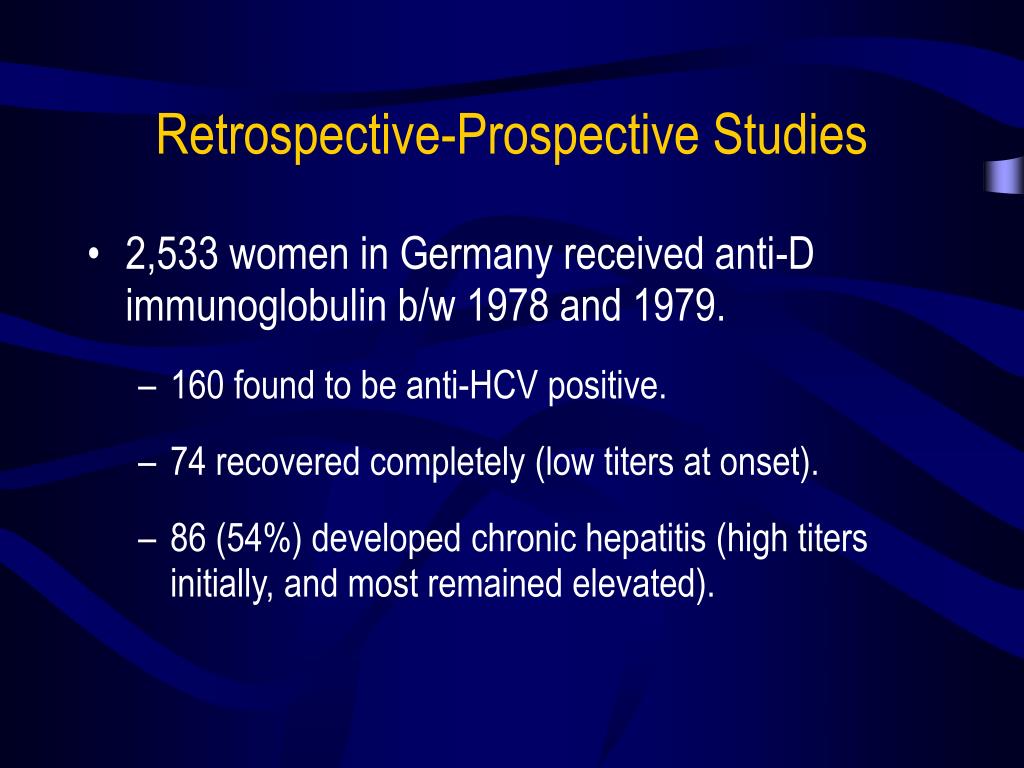
Ethical norms and the international governance of genetic databases and biobanks: Findings from an international study.

Allen J, McNamara B: Reconsidering the value of consent in biobank research.
RETROSPECTIVE STUDIES PROFESSIONAL
Expert Commission: Federal expert commission for professional secrecy in medical research.Geneva law on health: Loi sur la santé: Http://(accessed July 20, 2010).LPD: Swiss federal law on data protection: Http://(accessed July 12, 2009).Ordinance of the federal council (RS number 235.154) entered into force on July 1, 1993. OALSP: Ordinance regarding authorizations to lift professional secrecy for medical research (hereafter OALSP).The ethical uses of human tissues in research. Sobel ME: Ethical issues in molecular pathology: Paradigms in flux.International ethical guidelines for biomedical research involving human subjects: (accessed July 20, 2010). CIOMS: Council for international organizations of medical sciences.WMA: The world medical association declaration on ethical considerations regarding health databases.It aims at provoking more open discussions of the regulatory problems and possible future legal and ethical solutions. The present article provides an overview of the issues for physicians, scientists, ethics committee members and policy makers involved in retrospective research in Switzerland. Conversely, Swiss and European ethical texts may suggest greater flexibility and call for a looser interpretation of existing laws. Meanwhile, hospital-internal guidelines may impose stricter conditions than required by federal or cantonal law. In a few years, a new Swiss federal law on human research could clarify the regulatory landscape.

In addition, it is debatable whether consent waivers that are legally admissible for data extend to research involving human biological samples. The definition of “anonymous” is open to some interpretation. In Switzerland, several laws delineate the procedure to be followed. The main criteria to be considered are whether the data or the sample is anonymous, whether the researcher is the one who collected it and whether the patient was told of the possible research use. From a legal and ethical point of view, it depends on several factors. Whether such research requires that patients specifically consent to the use of “their” data continues to stir controversy. Retrospective research is conducted on already available data and/or biologic material.


 0 kommentar(er)
0 kommentar(er)
